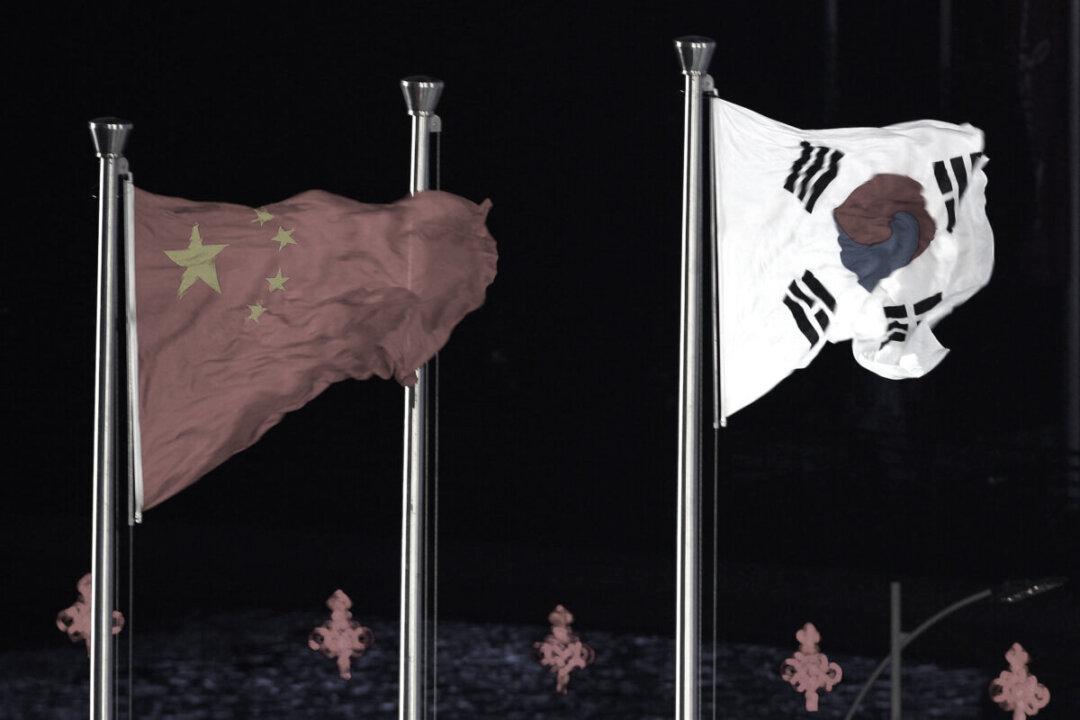South Korea has called on China to promptly resolve a urea customs clearance issue after local companies reported experiencing delays in receiving supplies of the material from China owing to customs procedures.
China recently blocked the export of urea—a type of nitrogen used as fertilizer in agriculture and to curb diesel and industrial emissions—to South Korea without giving any reason, Yonhap News Agency reported.





